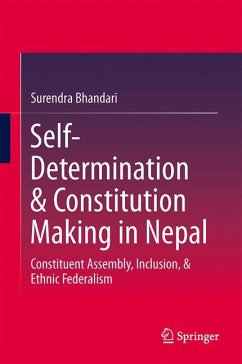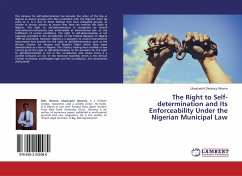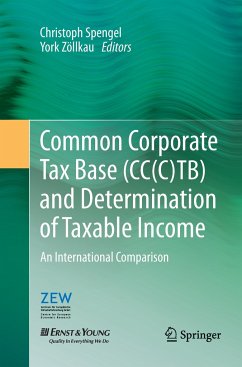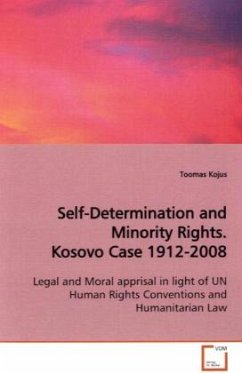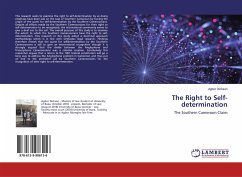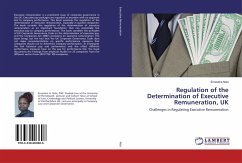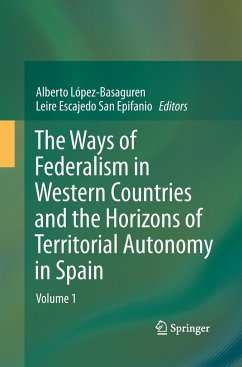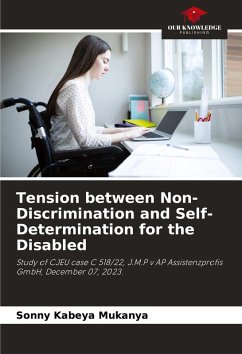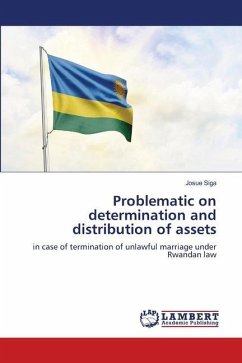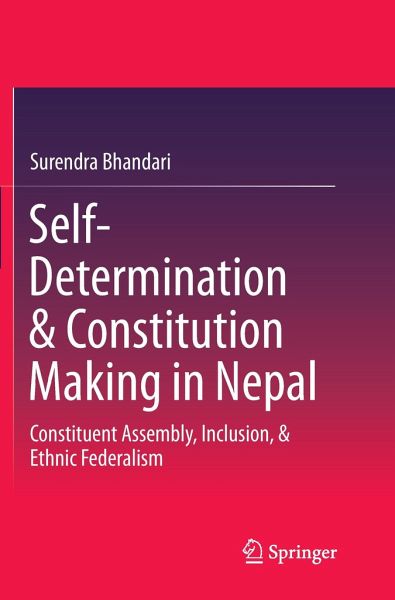
Self-Determination & Constitution Making in Nepal
Constituent Assembly, Inclusion, & Ethnic Federalism
Versandkostenfrei!
Versandfertig in 6-10 Tagen
76,99 €
inkl. MwSt.
Weitere Ausgaben:

PAYBACK Punkte
38 °P sammeln!
This book systematically analyzes why constitutions do not survive in Nepal, despite sixty years of constitutional history. The author discusses the epistemology of ethnic federalism in Nepal and examines the challenges of nation building and post-nation constitutionalism. The work addresses the connection between ethnic identity, right to self-determination, constitution making and state restructuring, offering possible ways forward for Nepal.Chapters consider lessons to be drawn from the past and examine reasons for the abolition of monarchy in Nepal. The book highlights the major problems t...
This book systematically analyzes why constitutions do not survive in Nepal, despite sixty years of constitutional history. The author discusses the epistemology of ethnic federalism in Nepal and examines the challenges of nation building and post-nation constitutionalism. The work addresses the connection between ethnic identity, right to self-determination, constitution making and state restructuring, offering possible ways forward for Nepal.
Chapters consider lessons to be drawn from the past and examine reasons for the abolition of monarchy in Nepal. The book highlights the major problems that the first elected Constituent Assembly (CA) faced in promulgating a new constitution, before it was dissolved in 2012.
The concept of right to self-determination and its complexities at the domestic level are all explored, along with ways forward to address the problem of constitutionalism, ethnic federalism and democracy. The author offers solutions as to how the second CA could address problems to promulgate a new constitution.
The book elaborates on the role that constitutionalism plays in constitution making and the survival of a constitution.
Scholars of politics and international studies, policy makers and those with an interest in law and constitution in Asia will all find this work of interest.
Chapters consider lessons to be drawn from the past and examine reasons for the abolition of monarchy in Nepal. The book highlights the major problems that the first elected Constituent Assembly (CA) faced in promulgating a new constitution, before it was dissolved in 2012.
The concept of right to self-determination and its complexities at the domestic level are all explored, along with ways forward to address the problem of constitutionalism, ethnic federalism and democracy. The author offers solutions as to how the second CA could address problems to promulgate a new constitution.
The book elaborates on the role that constitutionalism plays in constitution making and the survival of a constitution.
Scholars of politics and international studies, policy makers and those with an interest in law and constitution in Asia will all find this work of interest.





